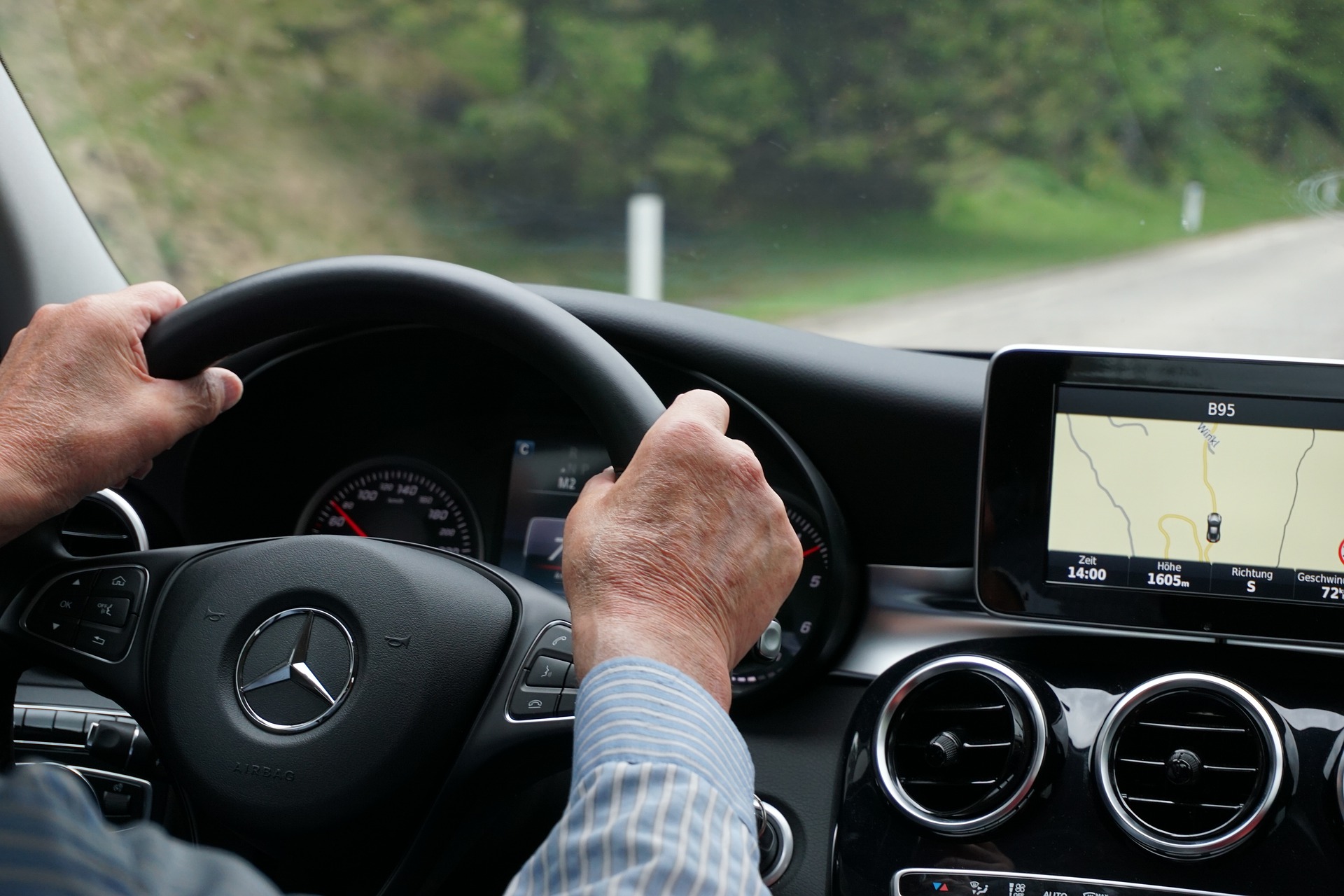As we age, our capabilities tend to change. Activities that we easily performed just a few years ago become challenging today. Even those still healthy and mentally capable seniors suffer some declines in their physical and cognitive levels. When these changes affect driving, it is time to pay attention.

Coordination, reflexes, and spontaneous decision-making are areas that often experience some decline in a senior citizen’s daily life. Most of these lapses are small and incremental and do not cause any real disruption in our daily lives. We might not be able to pick up the grandchildren anymore, but we can certainly play with them. We may not be able to open the pickle jar, but we can still cook our own meals. However, even minor deficiencies in judgment, eyesight or cognitive ability can become dangerous when one gets behind the wheel of a vehicle. In fact, those things that may merely be “bothersome” around your home may become a matter of life and death on the roads.
We are seeing more problems with elderly folks behind the wheel for various reasons. First and foremost, humans as a whole are living longer. Only twenty years ago, there was significantly less traffic, simpler roads, and slower speed limits. The population in Florida has gotten more dense and populated,, and life in general moves a lot more quickly. The importance of reaction times, concentration, and sharp eyesight has never been more essential on area roads. Therefore it becomes necessary for seniors and their loved ones to make difficult decisions regarding the right time to hang up the car keys. In many cases, the senior may still feel that they are fully capable of driving and do not want to give up their independence, making this decision painful for their children or caregivers.
Is Driving a Right or a Privilege?
Driving has become so integrated into our lifestyle that many people think they have the “right” to drive – versus the ability to drive being considered a privilege. A parent’s independence may be too big of a price to pay, even if you bring up their personal safety. A better approach if you are truly concerned may be to remind your loved one that not only do you want them safe but that the safety of everyone else on the road is also at stake. A car accident can prove devastating both physically and emotionally, especially if they harm someone or get sued. If your loved one causes an accident and gets sued, they may end up losing their life savings.
Of course, this is true of all motorists. However, an aging individual may be less capable of responding rapidly or seeing what is happening around them on the road.
Put Everyone’s Mind at Ease
If your loved one wants to retain their license but you are worried about them, the answer may be to bring them for a driving test. Occupational therapy groups administer these tests with the assistance of a trained instructor. Your loved one will receive a complete review of the results and an objective, professional opinion of their driving capabilities.
Because the test is given by a healthcare professional (not law enforcement), there is no judgment. It is simply an assessment by an impartial third party. Typically, a recommendation to surrender a license is reportable and legally binding. Also, the family is relieved when the weight of the decision about their loved one’s driver’s license is not on their shoulders, so there are no hard feelings.
Overall, senior citizens should be aware of their responsibility to keep others safe while driving. If you are concerned about your loved one’s proficiency on the road, don’t be afraid to address the issue. It may save their life.
If you are a senior looking for an adult living residence that helps you to maintain your independence, call for a tour of A Banyan Residence today.






